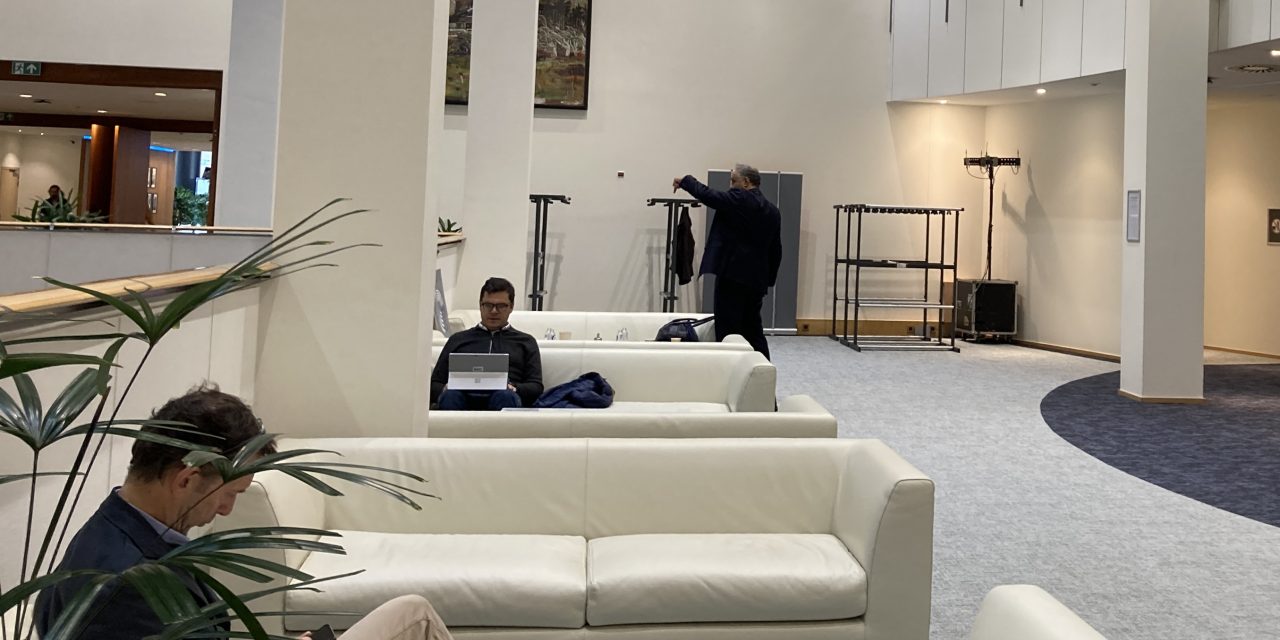According to the federal JOLTS report, 5,5 million people quitted their jobs last year in The United States. This phenomenon is known as the Great Resignation and started in America, but is it now spreading to Europe? And what are the reasons behind it?
“The covid-19 pandemic had a very big impact. It really reevaluated how people look at their work and what aspects of the job seem too problematic”, explains Wouter Zwysen. He is a senior researcher in the European Trade Union Institute (ETUI), and he studies trends such as labour market conditions, future of work and employment. The ETUI is a research center that provides support for the trade union movements across Europe, and specifically the European trading confederation.
Zwysen says that, indeed, there was a before and after with the pandemic in 2020. For instance, there has been a reevaluation of how long people want to commute to their job places, principally because of the telework. So, in this case, it is not about resignation, it is about changing from one job to a better one. People are moving from jobs to jobs, looking for better conditions. Research has been done on what people are looking for in jobs. According to the Organization for Economic Cooperation and Development (OECD) for most of the people, contact with customers is seen less important after the pandemic. Overall, people want less commute and more control over the work life balance.
Nevertheless, this is not happening in every country of Europe and with every worker. Zwysen talks about a dualisation of the labour market.“There is a big difference between those who have more opportunities and those who don´t. This inequality is actually more on the rise, and what we call essential workers are still very much in difficult conditions”. In countries where the unemployment rate is higher, this phenomenon is not that common, because there are not that many opportunities and alternatives.
Trade unions play a very important role in the struggle for good working conditions. Maaike Metsje is a social worker who works in the Federation of Dutch Trade Unions (FNV). She is the chairwomen of the industry advisory council for disability care. Metsje says that, in terms of working conditions, there is a lot to do when it comes to the cleaners in hotels and trains. Also, undocumented migrants who work in Europe are very vulnerable in the labour market, as they cannot work legally or have insurance.
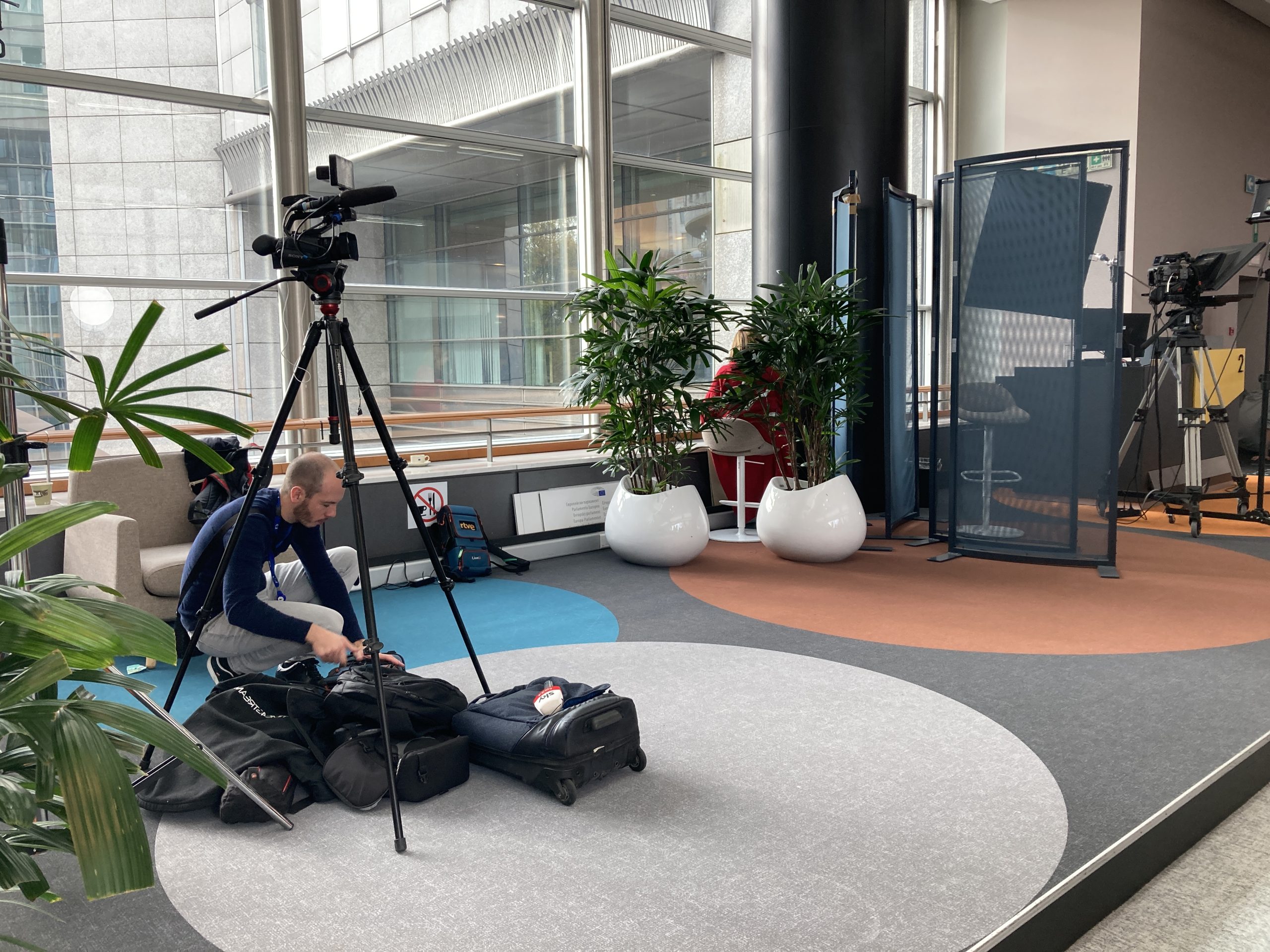




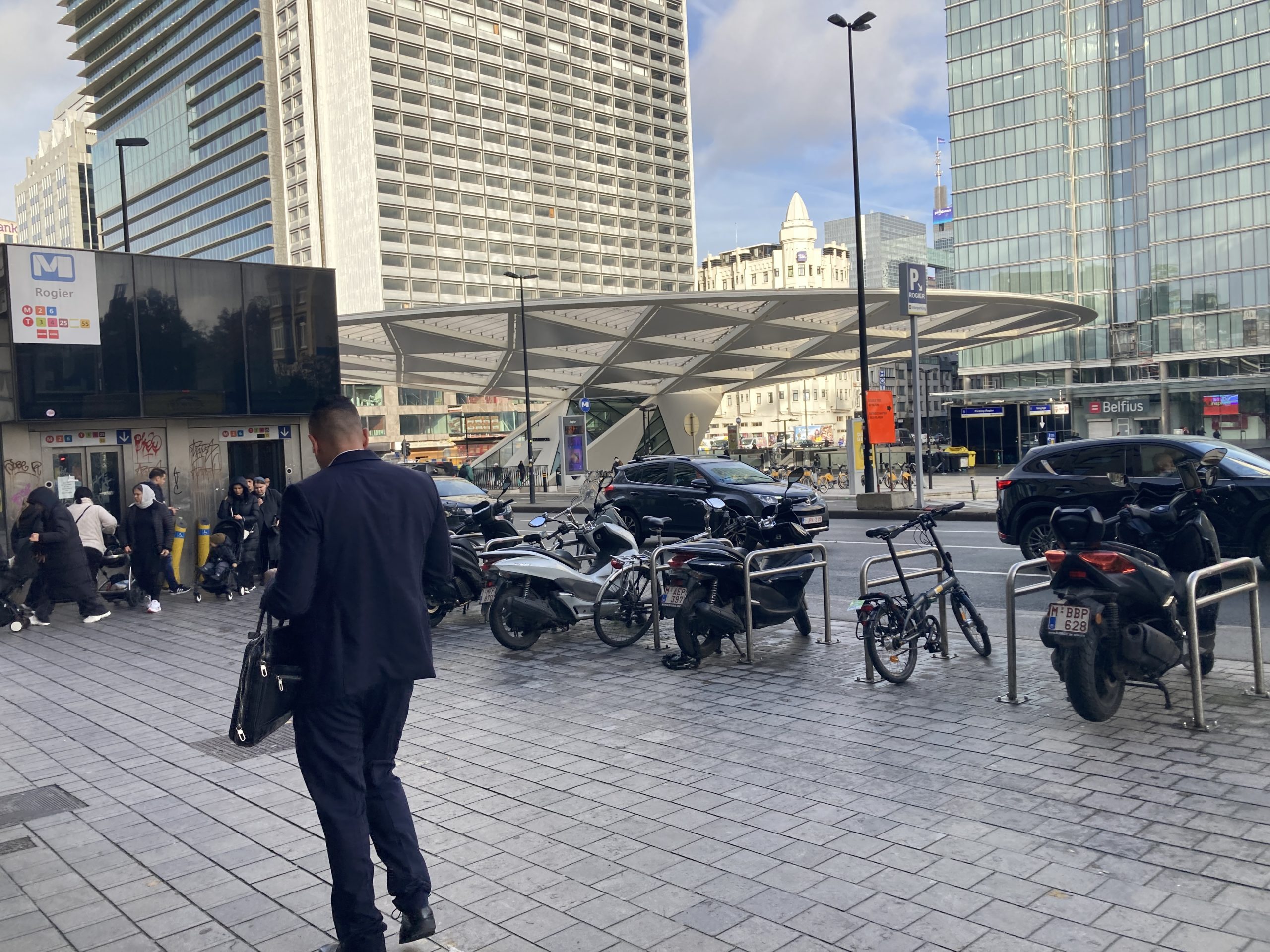

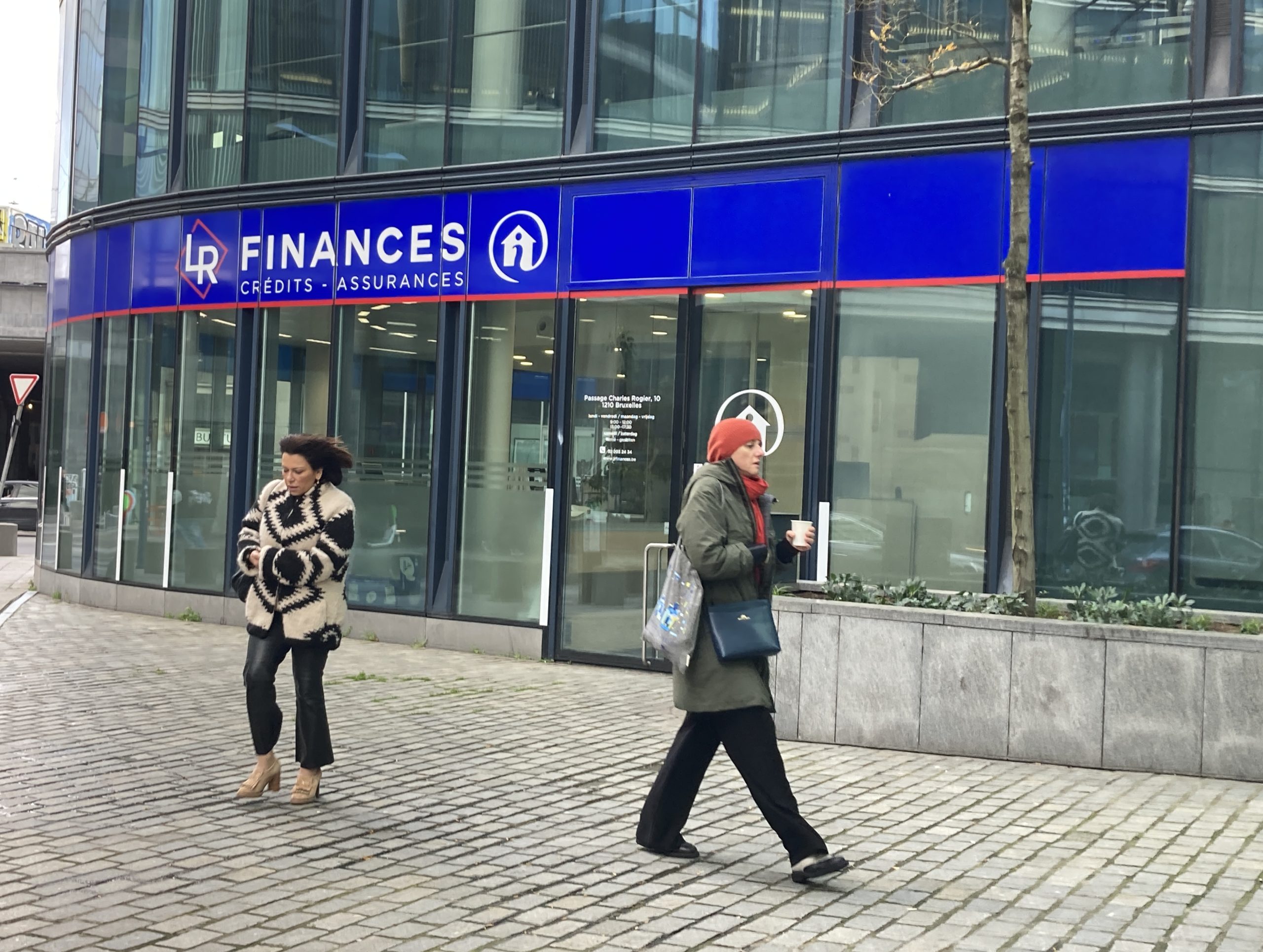
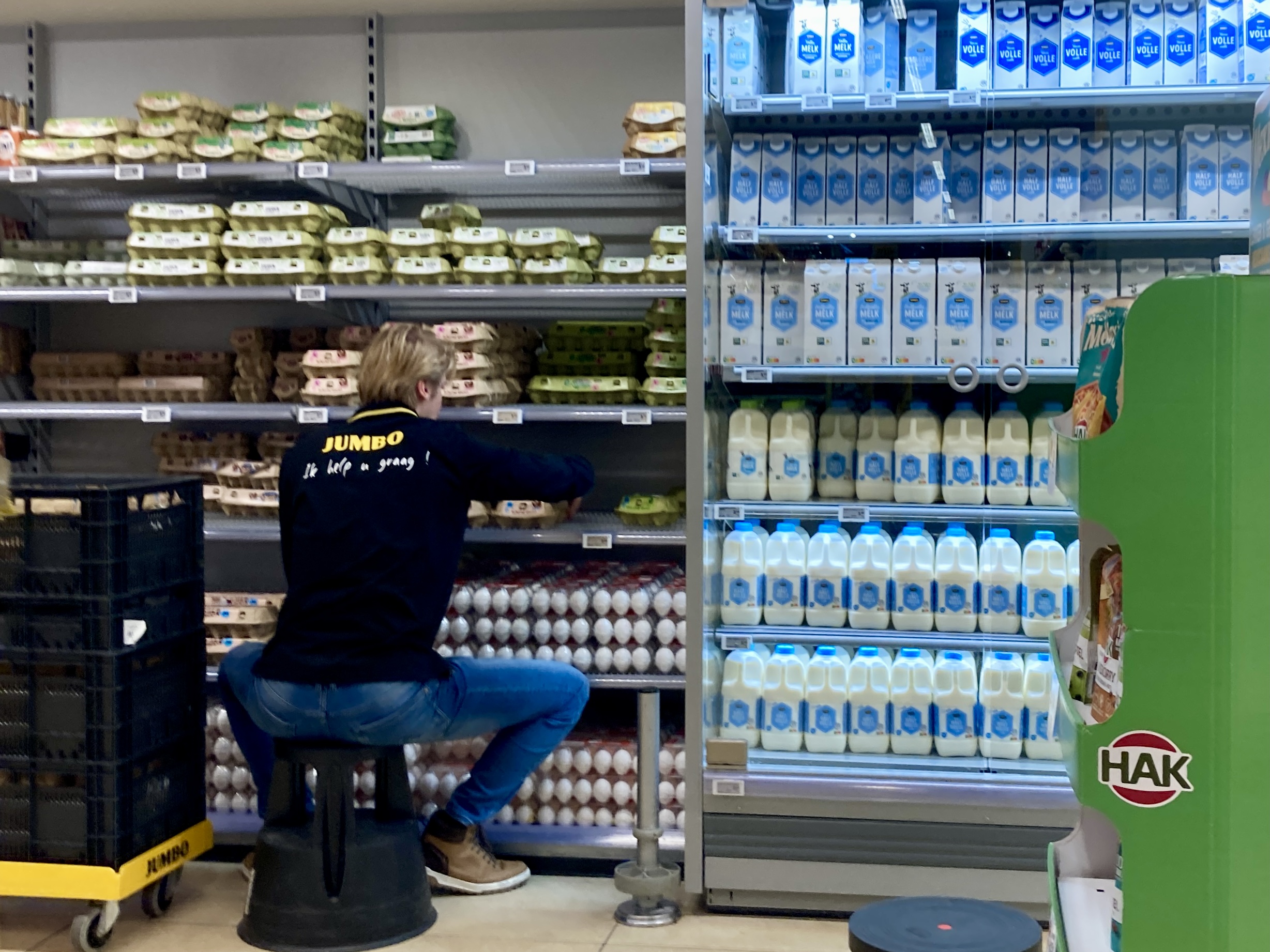

Another important aspect to keep in mind is the gender gap. According to Zwysen, women are less likely to move to another job, because of this problem of stability. Also, this has to do with the bad conditions that are often found in more “feminised” jobs. The already mentioned cleaners are a good example of this. “It’s interesting from a social science sample, but it’s very depressing. Over time, in jobs that become more dominated by women generally conditions worsen a little bit”, explains the researcher. He underlines the importance of men and women having access to the same kind of jobs: “In the gender gap we very often focus on men and women earning the same for the same job, which obviously they should. But it’s also important to make sure that men and women have access to the same good quality jobs”. This second one, in his words, is more difficult to legislate and that is why it is also more difficult to improve.
